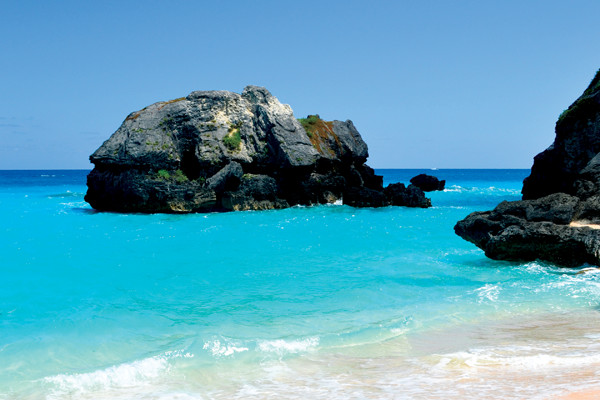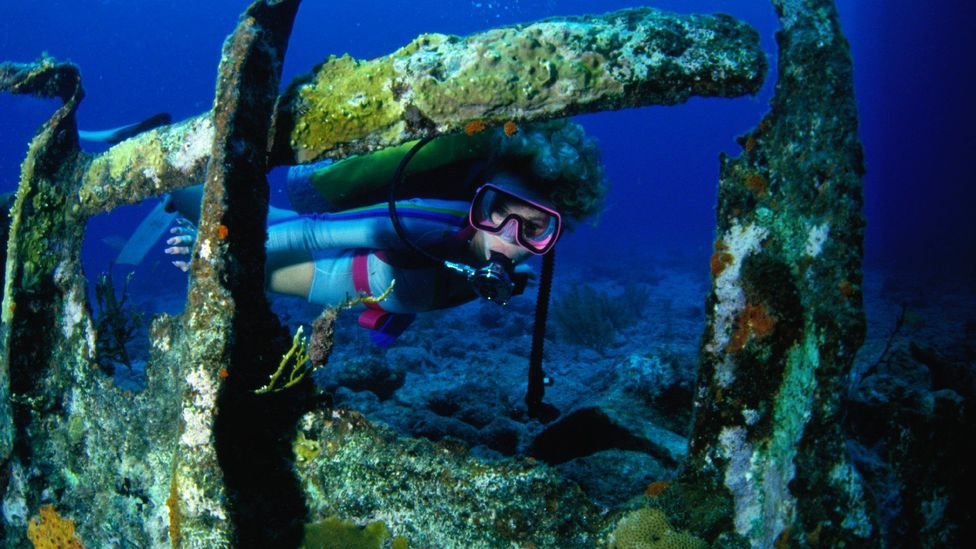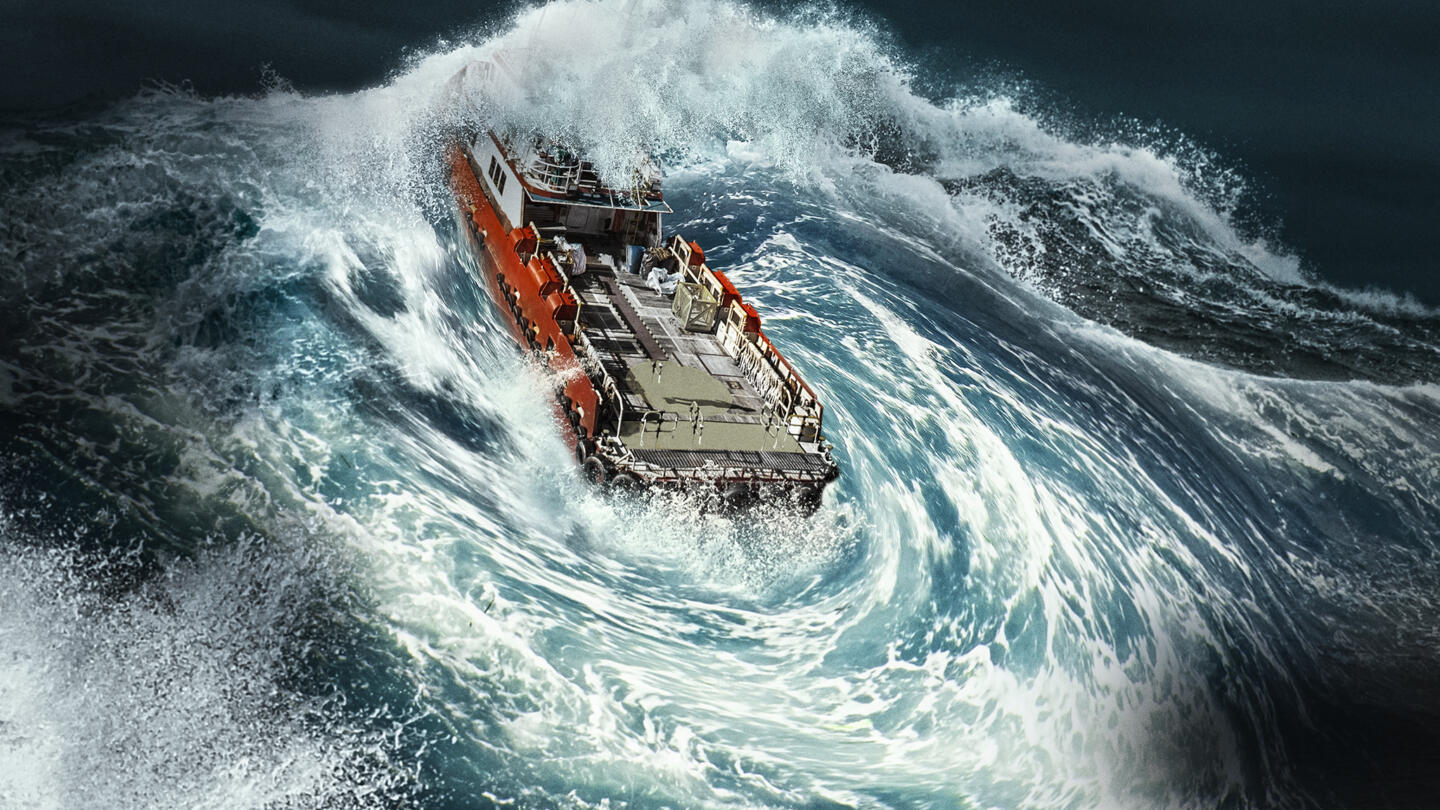Navigating The Waters Of History And Beauty: A Comprehensive Exploration Of Bermuda
Navigating the Waters of History and Beauty: A Comprehensive Exploration of Bermuda
Related Articles: Navigating the Waters of History and Beauty: A Comprehensive Exploration of Bermuda
Introduction
With great pleasure, we will explore the intriguing topic related to Navigating the Waters of History and Beauty: A Comprehensive Exploration of Bermuda. Let’s weave interesting information and offer fresh perspectives to the readers.
Table of Content
Navigating the Waters of History and Beauty: A Comprehensive Exploration of Bermuda

Bermuda, a captivating archipelago nestled in the North Atlantic Ocean, holds a unique allure for travelers and historians alike. Its strategic location, just over 600 miles east of Cape Hatteras, North Carolina, has shaped its history, culture, and natural beauty. This article delves into the geographical, historical, and cultural aspects of Bermuda, providing a comprehensive understanding of this captivating destination.
The Geography of an Island Paradise
Bermuda, a self-governing British Overseas Territory, comprises 138 islands and islets, of which only 20 are inhabited. The main island, also known as Bermuda, is the largest and most populated, encompassing roughly 21 square miles. The archipelago’s formation is a captivating story in itself. It emerged from volcanic activity millions of years ago, with coral reefs gradually growing and accumulating over time to form the islands we see today.
The distinctive pink sand beaches of Bermuda are a testament to the islands’ unique geological history. The sand is a result of crushed coral and the remnants of marine organisms, creating a breathtaking spectacle that draws visitors from around the world. The archipelago’s landscape is further defined by its low-lying elevation, with the highest point, Town Hill, reaching just 259 feet above sea level.
A Journey Through History: From Shipwrecks to Self-Governance
Bermuda’s history is as rich and diverse as its natural beauty. The islands were first settled by the Portuguese in the 16th century, who named them after the Portuguese explorer João de Bermudes. However, it was the English who established a permanent settlement in 1609, when a ship carrying colonists to Virginia was shipwrecked on Bermuda’s shores.
This event, immortalized in Shakespeare’s play "The Tempest," marked a turning point in the islands’ history. The colonists, led by Sir George Somers, built a settlement and established a government. Bermuda became a strategic outpost for the British Empire, playing a vital role in the transatlantic trade and the defense of the British colonies in North America.
The islands were a key location during the American Civil War, serving as a base for blockade runners and a source of supplies for the Confederacy. In the 20th century, Bermuda’s strategic importance continued, particularly during World War II, when it hosted a significant military presence.
Today, Bermuda is a self-governing British Overseas Territory, enjoying a high standard of living and a thriving tourism industry. The islands’ rich history is evident in its architecture, its traditions, and its vibrant cultural landscape.
The Cultural Tapestry of Bermuda
Bermuda’s cultural heritage is a fascinating blend of influences. The island’s history as a British colony is reflected in its legal system, its language, and its traditions. However, the presence of African and Portuguese influences has also shaped the islands’ culture, creating a unique and vibrant tapestry.
Bermuda’s cuisine is a testament to this cultural fusion. Dishes like fish chowder, conch fritters, and Bermuda onion soup are staples of the islands’ culinary landscape, reflecting the influences of British, African, and Portuguese traditions.
The islands’ music scene is equally diverse, with influences ranging from calypso and reggae to traditional British folk music. Bermuda’s annual music festivals, such as the Bermuda International Music Festival and the Bermuda Jazz Festival, showcase the islands’ vibrant musical heritage.
Exploring the Natural Wonders of Bermuda
Beyond its history and culture, Bermuda offers breathtaking natural beauty. The islands are renowned for their crystal-clear turquoise waters, which are home to a rich diversity of marine life. Snorkeling, diving, and fishing are popular activities for visitors, offering a chance to explore the underwater world.
The islands’ extensive network of caves and grottos is another captivating feature. The Crystal Caves, with their stunning formations and shimmering waters, are a must-see for any visitor. The Bermuda National Trust manages several parks and nature reserves, preserving the islands’ natural heritage for future generations.
Navigating the Islands: Transportation and Accommodation
Bermuda is a relatively small archipelago, making it easy to explore. The main island is easily navigated by public transportation, with a network of buses and ferries connecting various locations. For those seeking a more independent experience, rental scooters and cars are available.
Accommodation options in Bermuda range from luxury resorts to charming guesthouses. Visitors can choose from a variety of options, depending on their budget and preferences. The island offers a range of dining experiences, from fine dining restaurants to casual cafes and local eateries.
FAQs about Bermuda
1. What is the best time to visit Bermuda?
Bermuda enjoys a subtropical climate, with warm temperatures year-round. The best time to visit is during the spring (April-May) and autumn (September-October) when the weather is pleasant and the crowds are smaller.
2. What is the currency used in Bermuda?
The official currency of Bermuda is the Bermudian dollar (BMD), which is pegged to the US dollar at a rate of 1:1. US dollars are widely accepted throughout the islands.
3. What are the visa requirements for visiting Bermuda?
Visitors from most countries can enter Bermuda without a visa for a period of up to 180 days. However, it is essential to check the specific visa requirements for your nationality before traveling.
4. What are some of the popular attractions in Bermuda?
Popular attractions in Bermuda include:
- The Crystal Caves: A network of stunning caves with crystal-clear waters and captivating formations.
- Horseshoe Bay: A picturesque beach with soft pink sand and clear turquoise waters.
- St. George’s: A UNESCO World Heritage Site, with historic buildings and charming streets.
- The Bermuda Aquarium, Museum & Zoo: Home to a diverse collection of marine life and exotic animals.
- The Royal Naval Dockyard: A historic naval base, now a popular tourist destination with shops, restaurants, and museums.
5. Is Bermuda safe for tourists?
Bermuda is generally considered a safe destination for tourists. However, it is always advisable to take common-sense precautions and be aware of your surroundings.
Tips for Visiting Bermuda
- Book accommodation in advance: Bermuda is a popular destination, especially during peak season. Booking accommodation well in advance is recommended, particularly for luxury resorts.
- Pack for warm weather: Bermuda enjoys a subtropical climate, with warm temperatures year-round. Pack light clothing, swimwear, and sunscreen.
- Explore the island’s natural beauty: Take advantage of the islands’ stunning natural beauty by snorkeling, diving, or exploring the caves and grottos.
- Try the local cuisine: Don’t miss the opportunity to sample Bermuda’s unique culinary offerings, including fish chowder, conch fritters, and Bermuda onion soup.
- Respect the local culture: Be mindful of local customs and traditions.
Conclusion
Bermuda, with its captivating history, natural beauty, and vibrant culture, offers a truly unique travel experience. From exploring the island’s rich history to enjoying its pristine beaches and diverse marine life, Bermuda promises something for everyone. Whether you are seeking a relaxing beach vacation, a cultural immersion, or an adventurous exploration of the natural world, Bermuda is a destination that will leave a lasting impression.








Closure
Thus, we hope this article has provided valuable insights into Navigating the Waters of History and Beauty: A Comprehensive Exploration of Bermuda. We thank you for taking the time to read this article. See you in our next article!